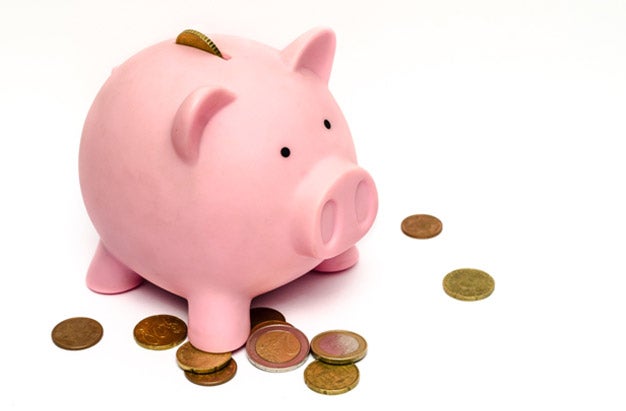
The property market is on the whole booming. And with every month that passes, you could be missing out on valuable equity and a great price on your home. So, it’s time to start thinking about how you’re going to get on that property ladder and the first step is to get your down payment together.
You’ll typically need around 5-10% of the property price plus insurance, taxes and then some seed money for any decorating and renovations you want to do once you move in.
It’s not so daunting once you put your mind to it, just remember these tip.
1. Set yourself a goal and a few mini-goals
The kind of money you need for a down payment doesn’t really arrive overnight, so you’ll have to come up with a plan on how you’ll budget and save. Don’t think of the final amount, it’s much easier to think in terms of small milestones you need to reach to get to that final goal. Be strict with yourself and set a time limit for each of your mini-goals. You’ll have a much better chance of reaching your goal if you set yourself parameters. Obviously how much, how often or when is down to your individual circumstances.
2. Can you take on a few extra hours?
When most people have a set salary, the timeline is pretty much deduced for you, your current expenses and expenditure withstanding. But you could give yourself a few more minutes on the clock if you found ways to make a little extra money here and there. This could mean a few hours of overtime at work or taking on an extra job. There are also a lot of other ways to make extra money – rent out a spare room, sell your stuff etc. Be proactive and think of ways you could reach your goal quicker.
3. Monitor your spending
Part of budgeting is monitoring what you’re actually spending your money on and perhaps trimming things here and there. Or maybe you have been extra thrifty one month and found some money for a little getaway or better yet, add it to your down payment fund. There are different ways to do this. But for the most convenient method, download an app to automatically track your spending.
4. Set up a savings account
It can be very tempting to keep all your money together, ‘just in case’. Don’t. If the temptation is there, you’ll convince yourself you need to spend what’s in your bank account on something else. Set up a separate savings account and keep your down payment money separate. It’s in fact much more satisfying to see it grow than having to mentally divide what you may have available for your first home.
5. Access Canada’s Home Buyer’s plan
If you want to make that down payment more quickly you could look into the Home Buyers’ Plan that is available from the Revenue Agency in Canada. If you opt to do that, you can withdraw $25,000 from a retirement plan to pay towards a home.
6. Bonuses, Christmas cash, tax rebates
You may be heading towards a big work bonus, or with holiday season coming up, it could mean a little something extra from Grandma and Grandpa. Similarly, you may be owed a tax rebate. In any case where you find yourself with a little extra money, it should go into your down payment fund. Put it straight into the savings account you set up.
7. Don’t be overly ambitious
This is your first home. It’s not the one you’re stuck with for life and with it being your first step onto the property ladder, you don’t need to worry about getting a big house in the hottest postal areas. Consider an apartment, which may a little cheaper. Or commit to commuting a little further if it means getting something a bit more affordable.
8. Be disciplined
Getting together your first down payment is a long-haul game. As such it can be fairly easy to lose sight of your end-goal. Stay focussed and be disciplined. The more you can do this now, the quicker you’ll have your down payment and the rest is history.